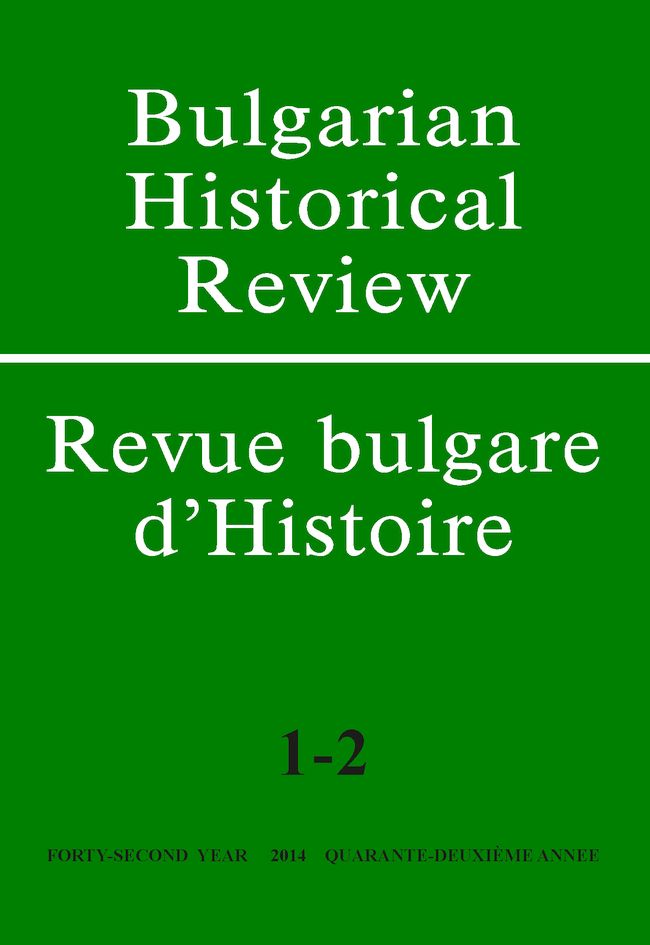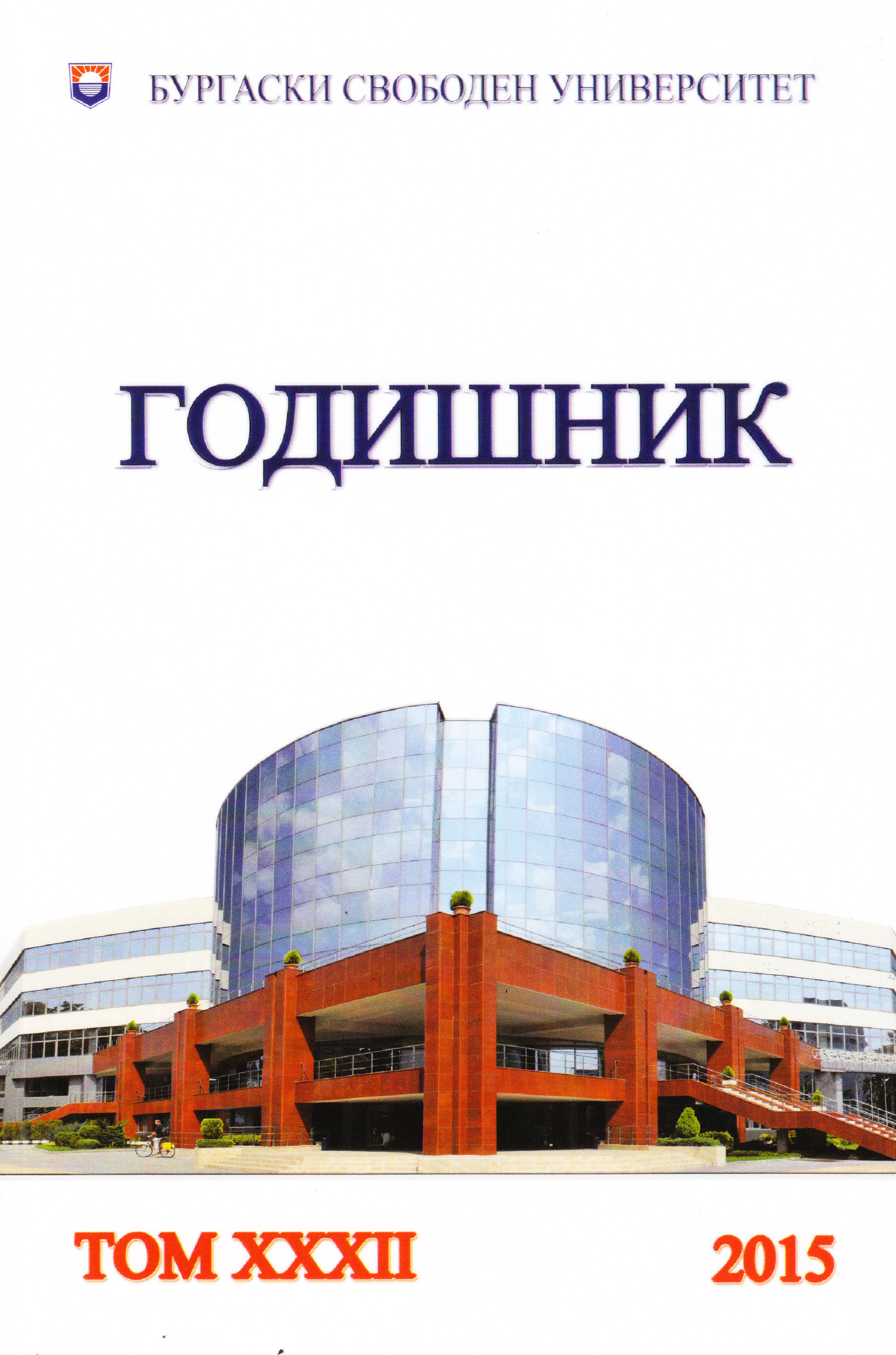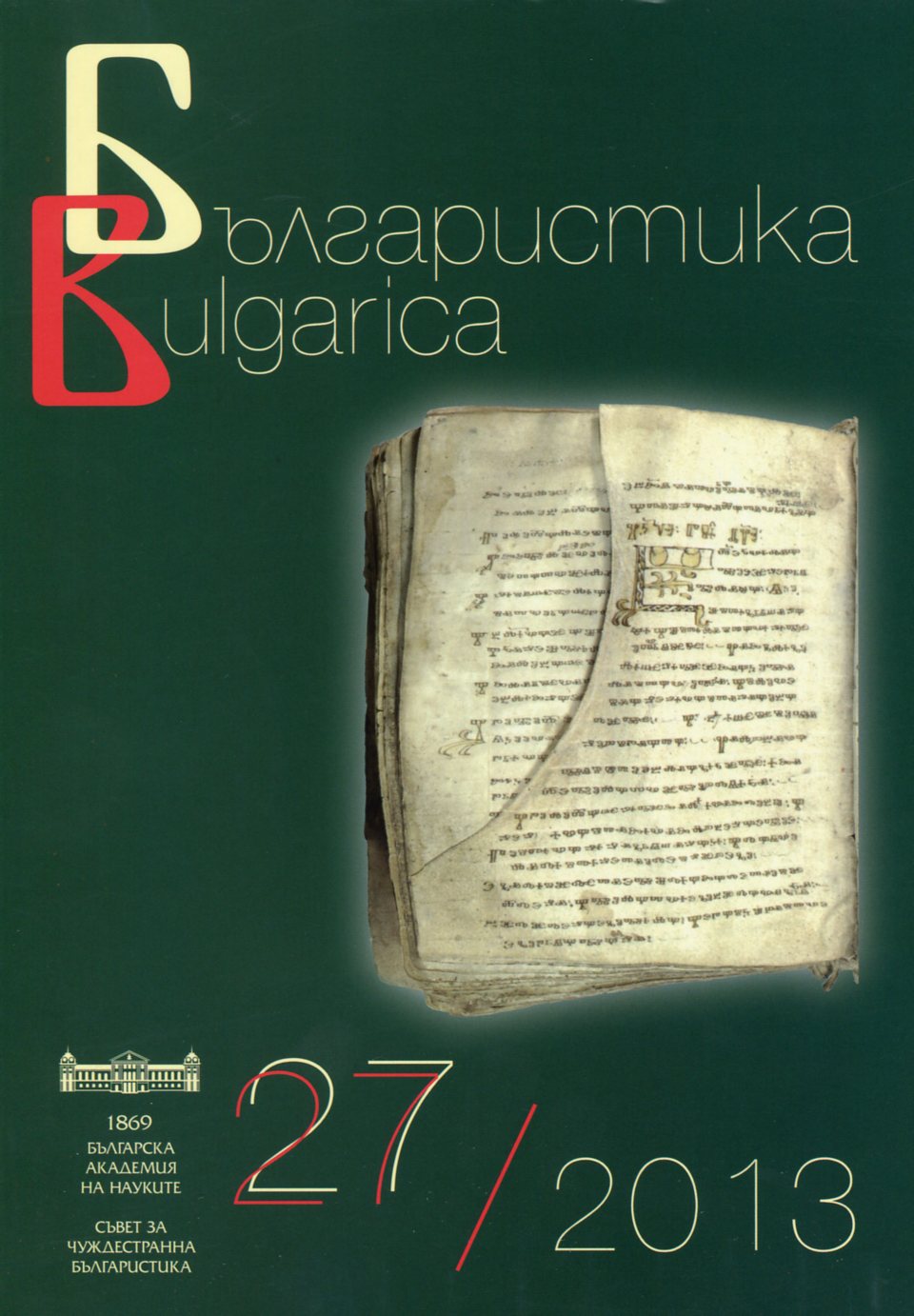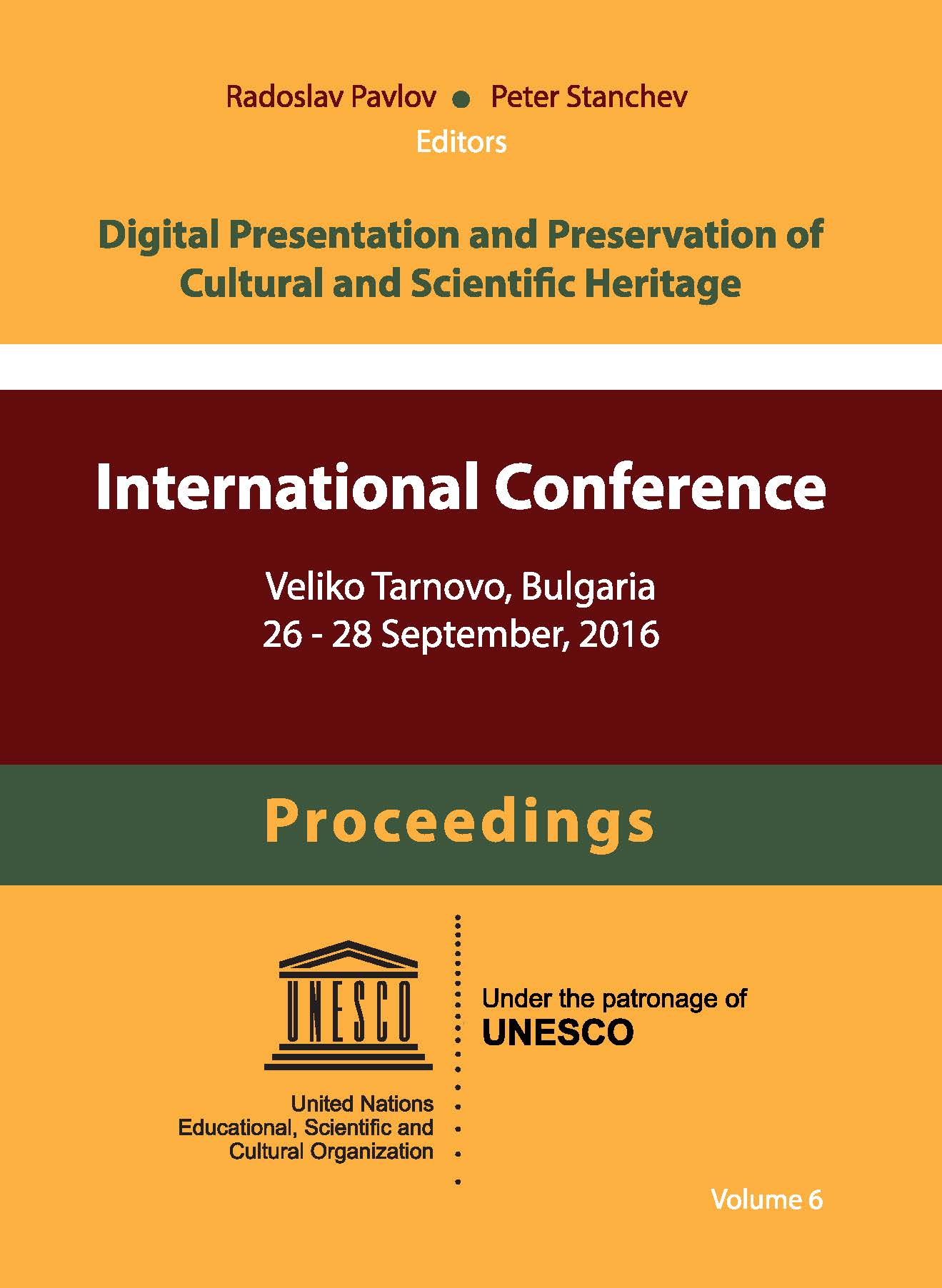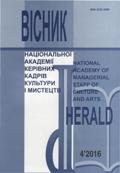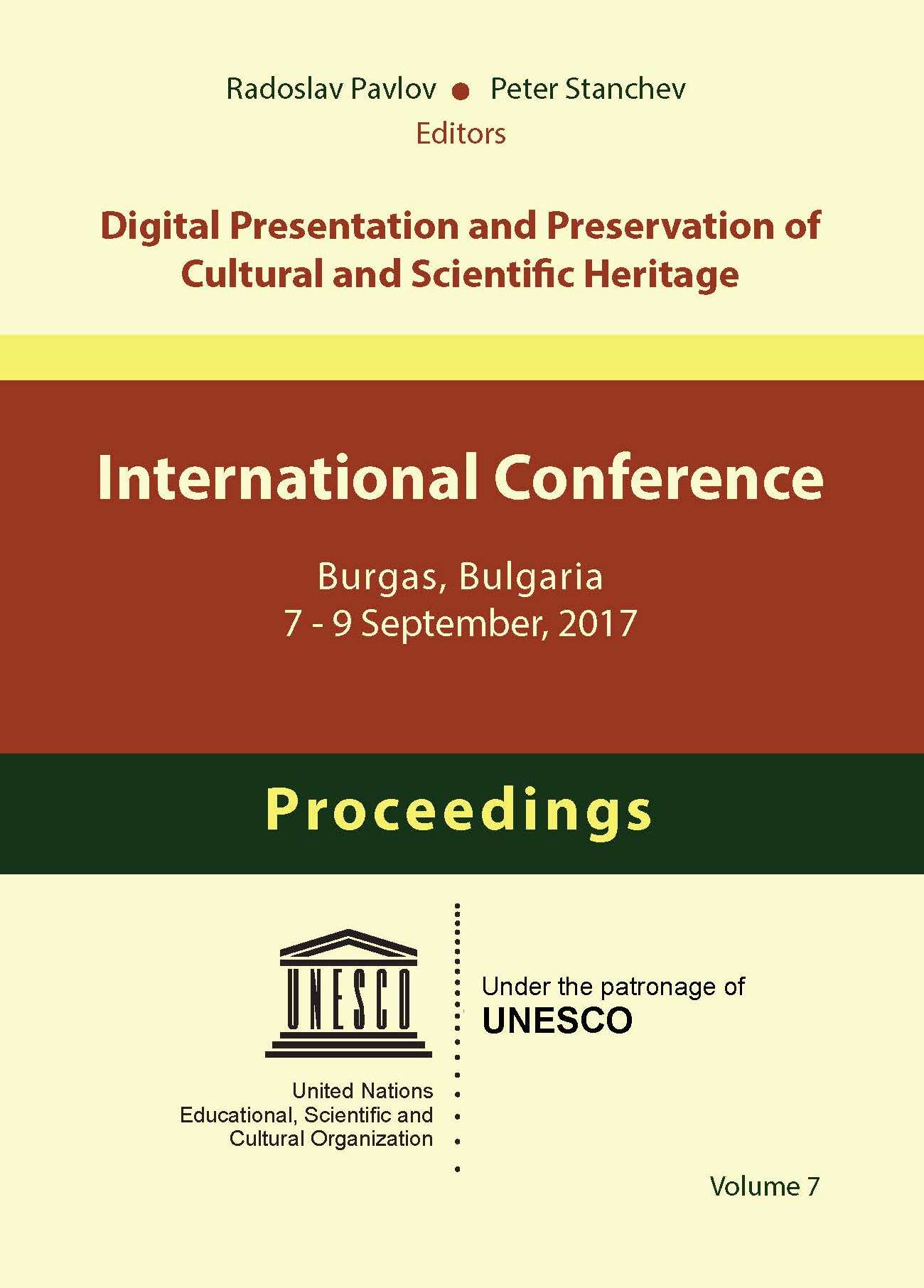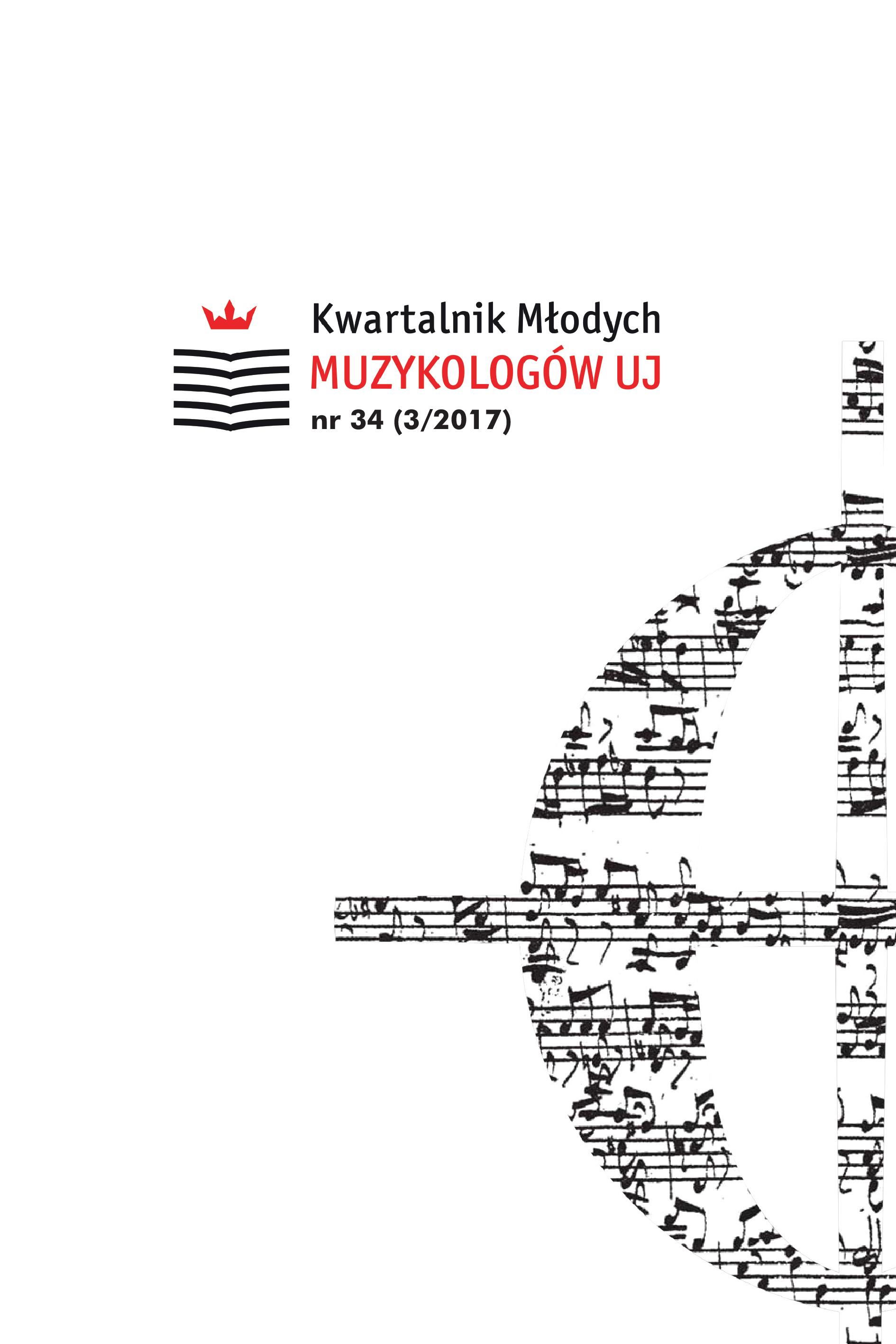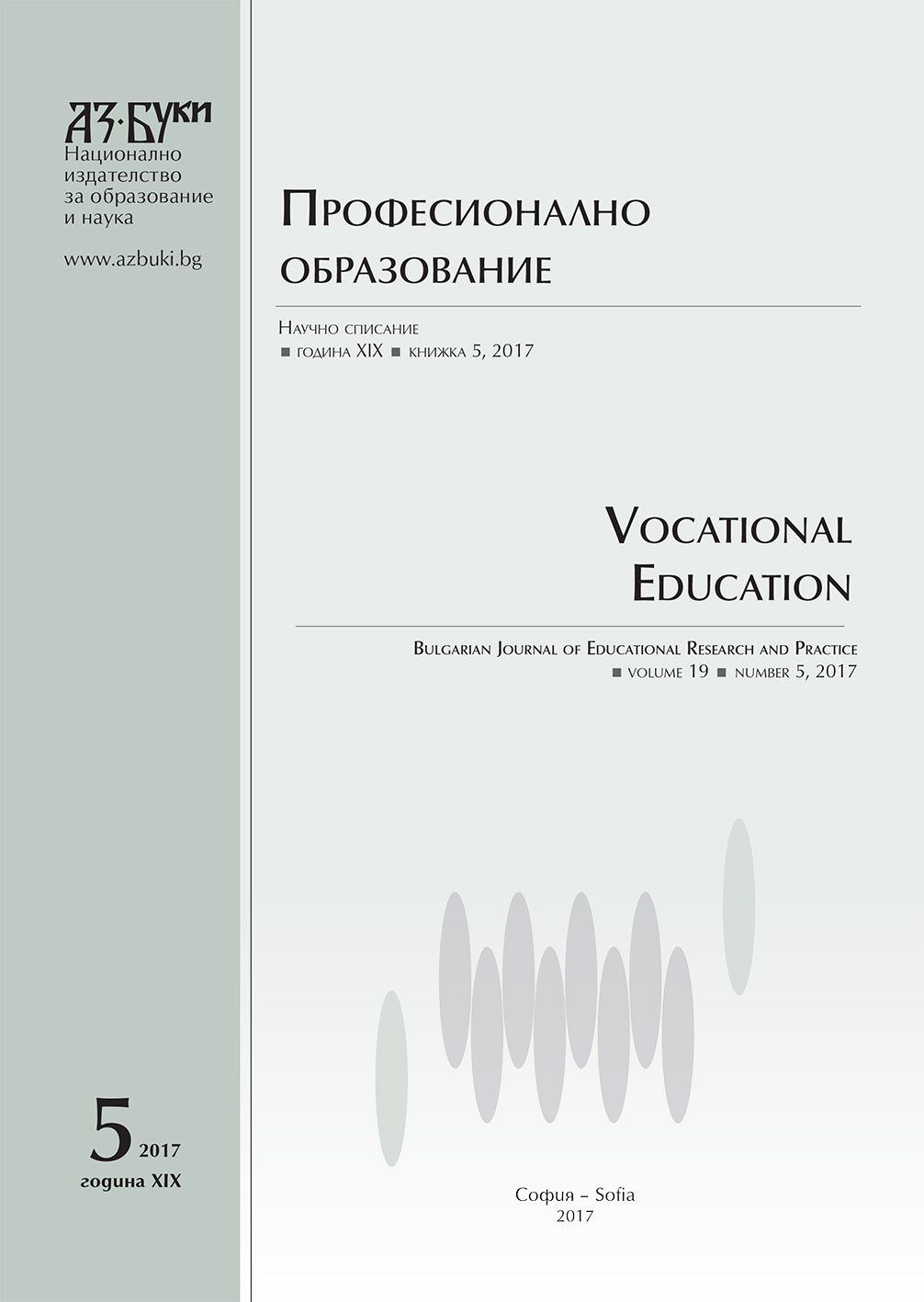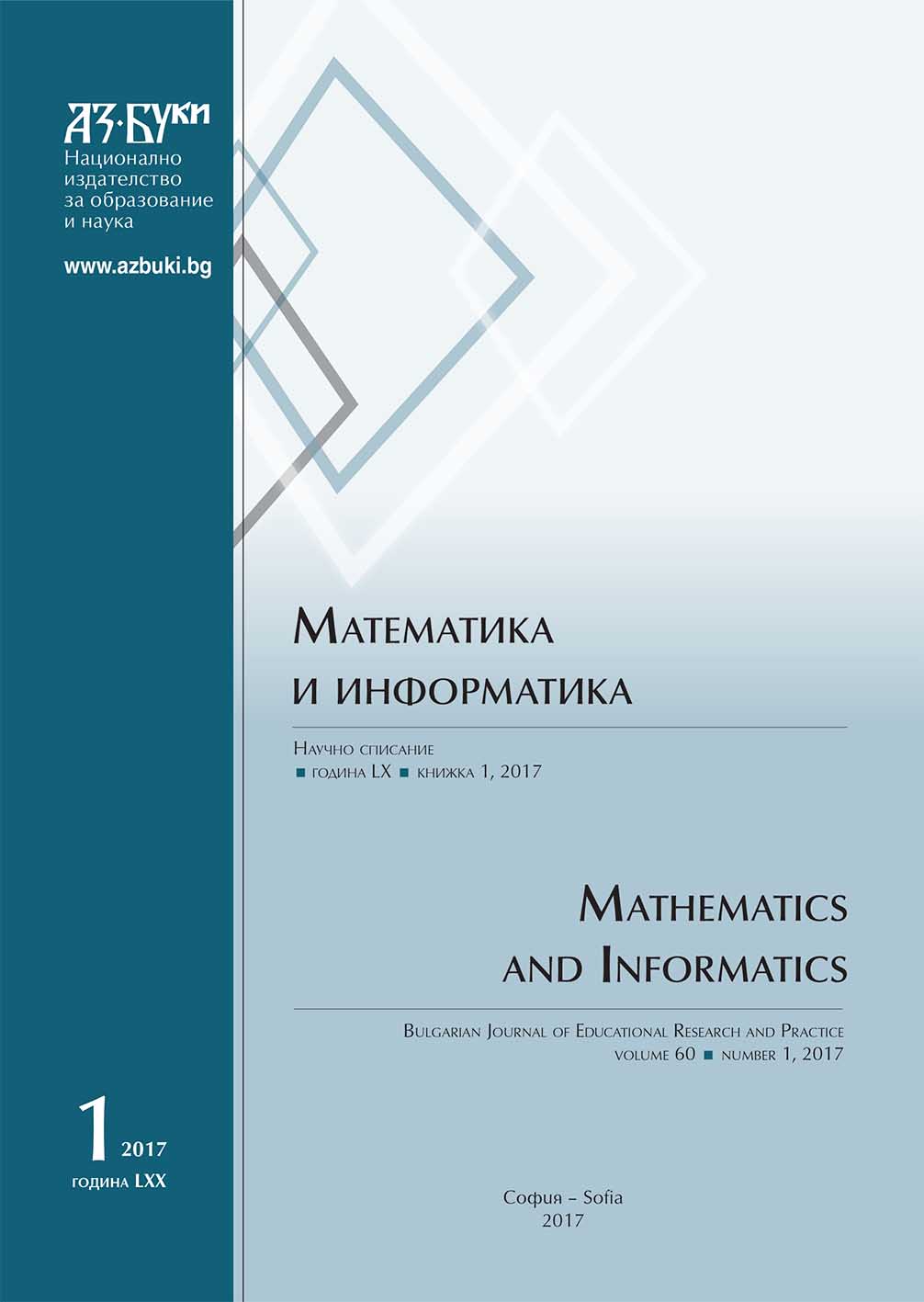ТЕКСТОВАЯ КУЛЬТУРА И ПОКОЛЕНИЕ «БОЛЬШОГО ПАЛЬЦА»
Basing on the content analysis of 200 texts of the 20th century and on the author’s model of 8 subcultures of the postmodern era, this paper assumes a hypothesis that postmodern consciousness is characterized by egocentrism, tends to a dialogue with the other and to the understanding of him and refers directly to the text and textual reality. In the information era, that is, the postmodern period we are living in, individual forms of egocentric existence in the virtual reality turn paradoxically and relentlessly from isolation to polylogical interactive communications between people both in virtual and immediate reality.The metaphor “thumb generation” is used in the article as a marker of the informational way of living but designates at the same time the phenomenon of rising bodily activity in the informational milieu. The bodily pole counterbalances the informational way of living of new generation in the immediate but not in the virtual reality and involves a person in a special sort of messages to the mankind called flash mobs.
More...
